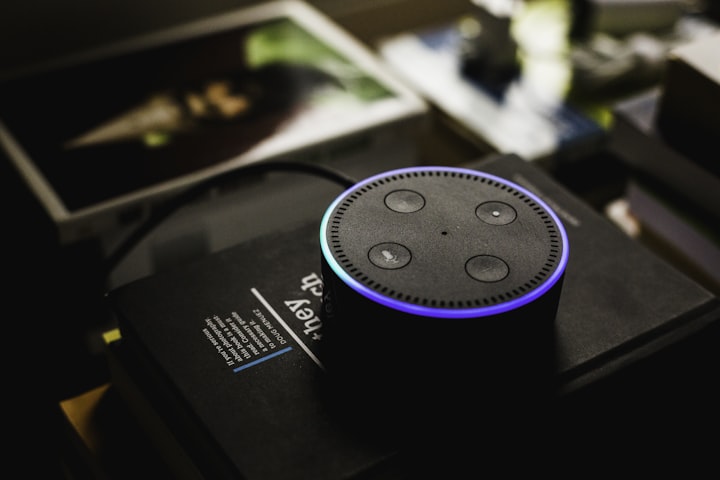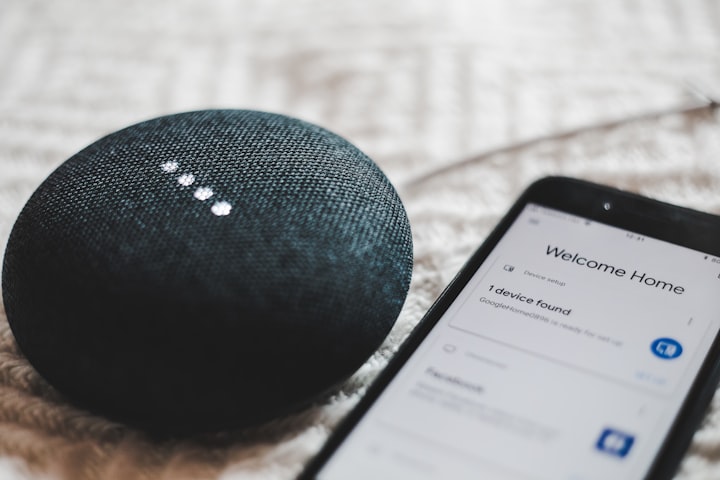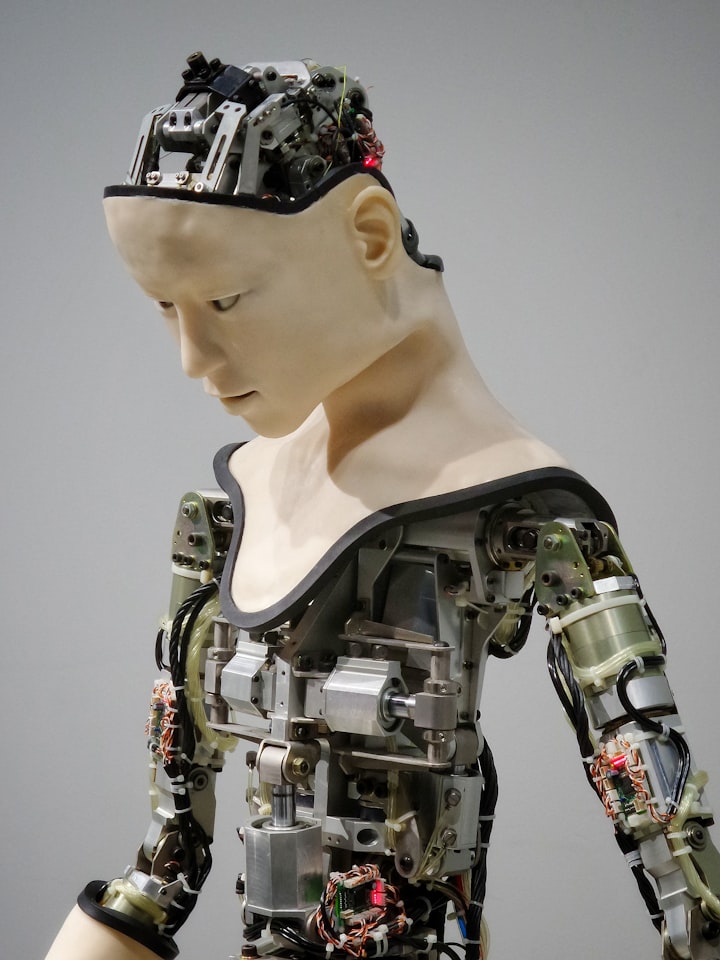
Smart homes, also known as automated homes or home automation, are becoming increasingly popular as more and more people adopt smart technology into their daily lives. A smart home is a residence that is equipped with electronic devices that can be controlled remotely and automated to perform routine tasks, such as adjusting the temperature, turning off the lights, or locking the doors. Here are some of the advantages and challenges of smart homes:
Advantages:
Convenience: One of the main advantages of smart homes is that they offer greater convenience and comfort. With smart home technology, you can control your home's temperature, lighting, and security systems with a few taps on your smartphone or voice commands to a smart speaker. This means you can adjust your home's settings to your liking without having to get up from your couch or bed.
Energy Efficiency: Smart homes can help reduce energy waste and lower utility bills by automating energy usage. For example, smart thermostats can learn your daily routine and adjust the temperature accordingly, saving energy when you're not home or asleep. Smart lighting systems can also turn off lights in unoccupied rooms, reducing energy waste and costs.

Improved Security: Smart home technology can enhance home security by providing 24/7 monitoring and alerts for potential break-ins, fires, or other emergencies. Smart door locks, security cameras, and motion sensors can all be integrated into a smart home system for added protection and peace of mind.
Increased Accessibility: Smart homes can be designed to be more accessible for people with disabilities or mobility issues. For example, voice-activated devices and motion sensors can allow people with limited mobility to control their home's settings without having to physically interact with devices.
Challenges:
Cost: Smart home technology can be expensive, and the cost of setting up a fully automated home can add up quickly. Additionally, ongoing costs such as subscription fees for security monitoring or maintenance can also be a concern for some homeowners.
Compatibility: Not all smart home devices are compatible with each other, which can create challenges when integrating multiple devices into a single system. Ensuring that all devices are compatible and can communicate with each other can be time-consuming and require technical expertise.
Security Risks: Smart homes can be vulnerable to cyberattacks, which can compromise personal data and home security systems. Ensuring that your smart home is secure by using strong passwords, updating software regularly, and using secure networks can help mitigate these risks.
Learning Curve: Smart home technology can be complex, and there may be a learning curve involved in using and maintaining these devices. This can be a challenge for some homeowners who are not tech-savvy or prefer simpler, more traditional systems.

Despite these challenges, smart homes are becoming more popular as technology continues to advance and more people adopt smart devices into their daily lives. As more people become familiar with the benefits of smart home technology, it is likely that the adoption of these devices will continue to increase in the coming years. With careful consideration and planning, smart homes can offer a range of benefits and improve quality of life for homeowners.
Improved Health and Wellbeing: Smart homes can help improve health and wellbeing by automating tasks that can be stressful or challenging for some people. For example, smart thermostats can ensure that the temperature in your home is always comfortable, which can help reduce stress and improve sleep quality. Smart lighting can also mimic natural light patterns, which can help regulate sleep-wake cycles and improve mood.
Increased Home Value: Smart homes can increase the value of a property, making it more attractive to potential buyers. This is especially true in markets where smart homes are becoming more common, as buyers may be willing to pay a premium for a home that is already equipped with smart technology.
CONCLUSION:
In conclusion, smart homes offer a range of advantages and challenges that should be carefully considered before deciding to adopt this technology. While smart homes can improve convenience, energy efficiency, and home security, they can also be expensive, complex, and potentially vulnerable to privacy and security risks. Homeowners should carefully evaluate their needs and preferences before investing in a smart home system, and should work with experienced professionals to ensure that the system is properly installed, integrated, and maintained.





Comments
There are no comments for this story
Be the first to respond and start the conversation.